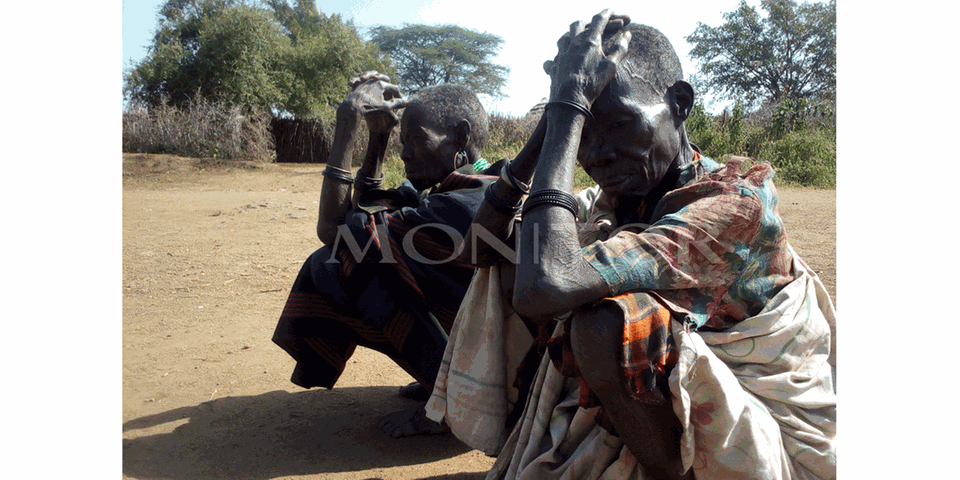Ugandans dying of hunger are idiots, says Minister Oryem

State Minister for Foreign Affairs Henry Okello Oryem. PHOTO | FILE
What you need to know:
- This comes days after President Museveni told Non-Aligned Movement (NAM) delegates that disturbing photos of Ugandans starved to near death due to famine, especially in the country's north- eastern restive Karamoja sub-region is not representative of the situation in the African continent.
The State Minister for Foreign Affairs, Mr Henry Oryem Okello, has said that Ugandans dying of hunger are idiots months after some parts of the country were ravaged by famine due to climate change, poverty and insecurity, among other factors.
The minister who was speaking in an exclusive interview with NTV Uganda Wednesday said the country's climate is favourable for farmers to till their land and plant enough seeds for food.
“Those are idiots, real idiots that can die of hunger in Uganda. Those are idiots because there is enough food in Uganda. If you work hard, there is land in Uganda, the climate is right inspite some changes. If you make double efforts to wake up in the morning, till your land and plant the seeds, you maintain your plantation, surely, how do you fail to get food?” Minister Oryem said.
This comes days after President Museveni told Non-Aligned Movement (NAM) delegates that disturbing photos of Ugandans starved to near death due to famine, especially in the country's north-eastern restive Karamoja sub-region is not representative of the situation in the African continent.
"When you are out there, you may get stereotypes that we have no food, but we are dying from food here. Those images you see are not representative of all of Africa. I’m very glad to have this presence of many people so we can interact with you," Mr Museveni, 79, said in his opening remarks after assuming the chairmanship of the 19th Summit of the NAM and the movement for the next three years on January 19, 2024 in Kampala.
The remarks from both Mr Oryem and Mr Museveni who has been in power since 1986 when he shot his way to State House through a guerilla warfare come just months after Uganda Human Rights Commission (UHRC) said in their May 2023 report that at least 2,000 people had died of hunger in the mineral-rich Karamoja sub region in just a year.
At 1676 deaths, Kotido district registered the highest number of starvation and hunger related deaths, followed by Kaabong at 225 deaths, 166 deaths were registered in Moroto while Napak hunger death toll stood at 135 deaths in 2022. Only eight deaths were recorded in Karenga district.
According to the UHRC damning report, the hunger in the region was as a result of long dry spells that led to acute famine, killing at least 2,207 people.
“According to the Integrated Food Security Phase Classification (IPC) and Acute Food Insecurity (AFI), 41 per cent of the population in Karamoja were facing high levels of food insecurity between March and July 2022,” the report reads in part.
“The long dry spell in the region was partly due to state failure to anticipate, reduce and rapidly respond to disaster risks. Climate change is a grave threat to people worldwide if the government fails to take reasonable and rational measures to safeguard against it,” the report further states.
Other causes of famine in the region highlighted by the commission are, insecurity and intensified livestock raids, low crop yields, destruction of crops by wild animals, poverty and alcoholism.
The acute famine that hit the region also left hundreds of children malnourished with over 300 cases registered in Kotido District.
Last year, government, local and international Non-government organisations intervened by delivering tons of food items to the region. However, the rights body says the region needs long-lasting solutions than interim donations which leave the region prone to famine.
The UHRC advised government to prioritise the drought early warning signs to mitigate the effects of disasters in the country. They have also called on Parliament to pass the National Food and Nutrition Bill, to provide the respect of the right to food and address malnutrition issues.





